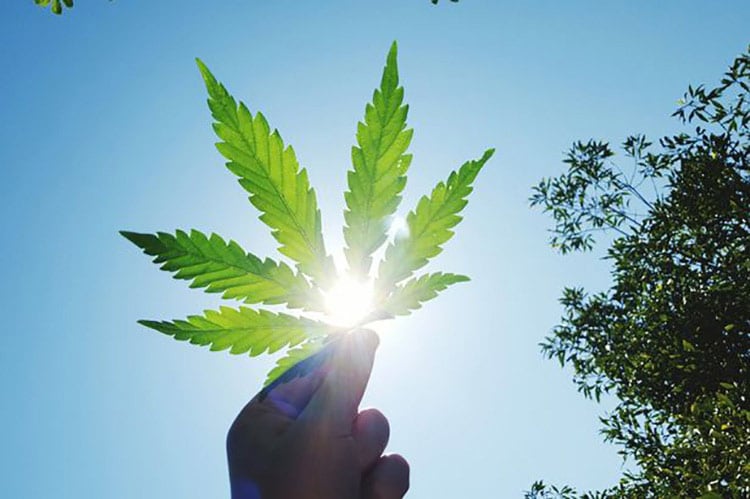According to new research that was published in JAMA Pediatrics recently, marijuana THC stays in breast milk for six weeks.
The concentration study conducted by researchers at Children’s Hospital Colorado, supports abstinence from the plant during pregnancy and breastfeeding.
The researchers found that tetrahydrocannabinol (THC), the psychoactive component of marijuana, stays in breast milk for up to six weeks.
The American Academy of Pediatrics, the American College of Obstetricians and Gynecologists and the Academy of Breastfeeding Medicine have all supported to abstain from marijuana use during pregnancy and while a mother is breastfeeding.
The Childrens Hospital Colorado study is the first study examining THC in breastmilk and plasma among women with known marijuana use in pregnancy. The previous study was from 1982 and was published in the New England Journal of Medicine.
“With the increasing utilization of marijuana in society as a whole, we are seeing more mothers who use marijuana during pregnancy,” said Erica Wymore, MD, MPH, primary investigator, neonatologist at Children’s Colorado and assistant professor of pediatrics at the University of Colorado School of Medicine on the Anschutz Medical Campus.
“However, given the lack of scientific data regarding how long THC persists in breast milk, it was challenging to provide mothers with a definitive answer regarding the safety of using marijuana while breastfeeding and simply ‘pumping and dumping’ until THC was no longer detectable in their milk. With this study, we aimed to better understand this question by determining the amount and duration of THC excretion in breast milk among women with known prenatal marijuana use,” she added.
As part of the study, researchers studied women with prenatal marijuana use who delivered their infants at Children’s Colorado and UCHealth’s University of Colorado Hospital between November 1, 2016, and June 30, 2019. Specifically, researchers recruited women who had a history of marijuana use during pregnancy and had tested positive for THC in their urine when admitted for delivery. The women were over the age of 18, had an intention to breastfeed, and were willing to abstain from marijuana use for six weeks after delivery. The women were also willing to provide milk, blood, and urine samples during these six weeks.
The study found that THC was excreted in the breast milk of these seven women for up to six weeks and all of women still had detectable levels of THC in their breastmilk at the end of the study.
“This study provided invaluable insight into the length of time it takes a woman to metabolize the THC in her body after birth, but it also helped us understand why mothers use marijuana in the first place,” remarked Maya Bunik, MD, MPH, senior investigator, medical director of the Child Health Clinic and the Breastfeeding Management Clinic at Children’s Colorado and professor of pediatrics at the CU School of Medicine.
“To limit the unknown THC effects on fetal brain development and promote safe breastfeeding, it is critical to emphasize marijuana abstention both early in pregnancy and postpartum. To help encourage successful abstention, we need to look at – and improve – the system of supports we offer new moms.”




